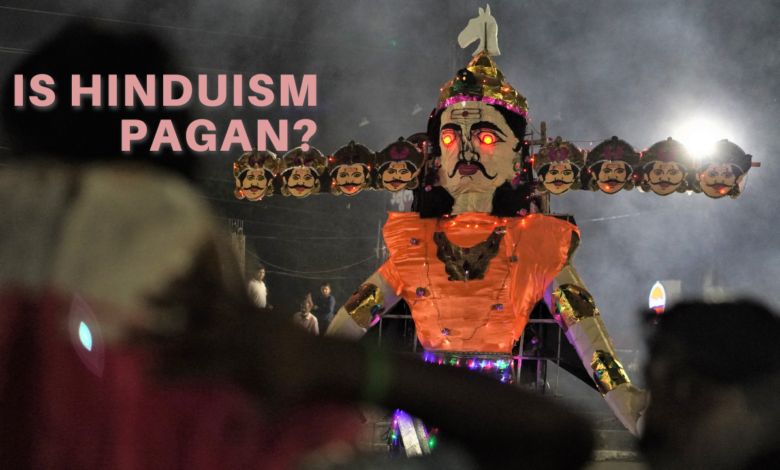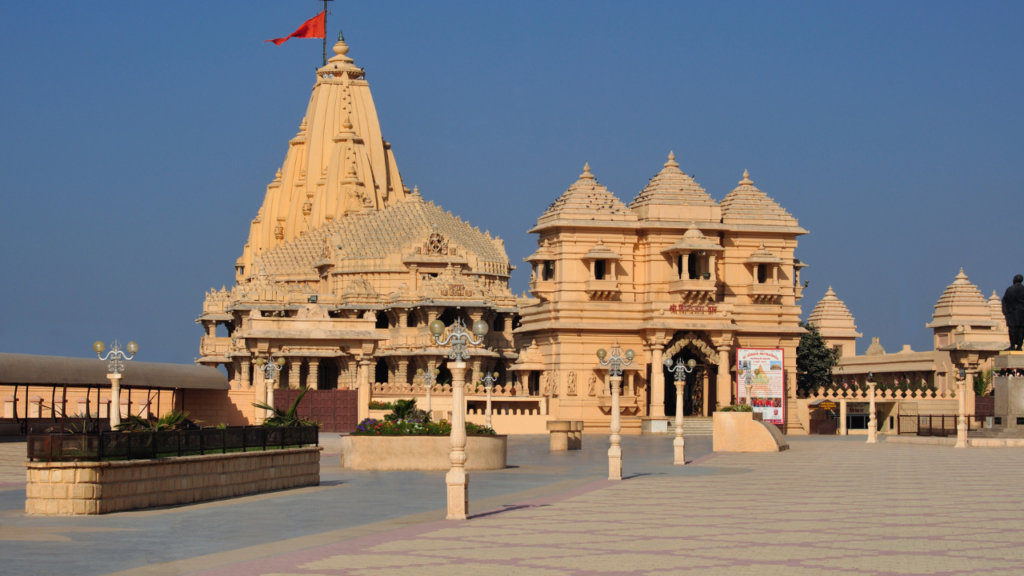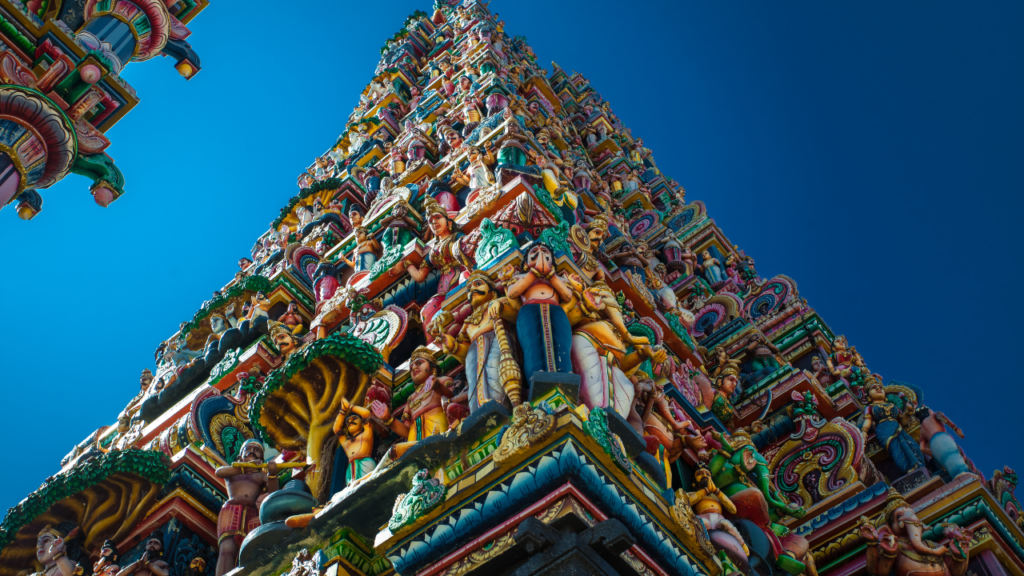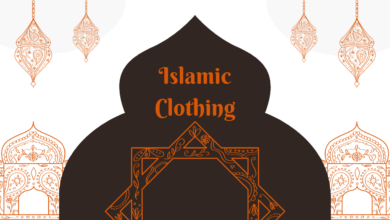
Is Hinduism Pagan?
No, Hinduism is not a pagan religion in the traditional sense of the term. It is a complex and multifaceted spiritual tradition with a diverse pantheon of deities, but it also includes monotheistic, henotheistic, and monistic elements.

Introduction
Hinduism, one of the world’s oldest religions, is often misunderstood and mischaracterized, especially in the West. One common misconception is that Hinduism is a pagan religion due to its diverse pantheon of deities, rituals, and seemingly polytheistic nature. In this article, we will explore the question, “Is Hinduism Pagan?” and unravel some of the misconceptions surrounding this complex and diverse spiritual tradition.
The Notion of Paganism
Before delving into the question of whether Hinduism is pagan, it’s essential to clarify what “pagan” means. The term “pagan” often carries a negative connotation and is used to describe religions that do not adhere to the Abrahamic faiths, such as Christianity, Judaism, and Islam. Paganism, historically, referred to the polytheistic beliefs of various ancient cultures, but today, it is often used as a catch-all term for non-monotheistic, indigenous, or nature-based religions.
Also check.
- Why is the Cow Sacred in Hinduism?
- What is Samsara in Hinduism?
- What is Haram?
- Where did Islam Originate?
- What is Hinduism Religion?
Hinduism: A Complex and Diverse Faith
Hinduism is not a monolithic religion with a single set of beliefs or practices. Instead, it encompasses a wide range of beliefs, rituals, and philosophies that have evolved over thousands of years. At its core, Hinduism is a complex, multifaceted spiritual tradition that cannot be easily labeled as pagan or non-pagan.
- Polytheism vs. Monotheism: Hinduism’s pantheon includes a multitude of deities, which can give the impression of polytheism. However, it is important to note that Hinduism also acknowledges the concept of a supreme, formless, and unchanging reality known as Brahman. Many Hindus believe that all deities are manifestations or aspects of this ultimate reality, making Hinduism henotheistic or monistic rather than strictly polytheistic.
- Nature-Based Spirituality: Some elements of Hinduism can be seen as nature-based, but this doesn’t necessarily make it pagan. Hinduism venerates nature, with rituals and festivals that celebrate the elements and the environment. However, this appreciation of nature is deeply intertwined with complex philosophical and spiritual concepts that transcend mere nature worship.
- Rituals and Practices: Hindu rituals and practices vary widely and can include fire ceremonies, meditation, yoga, and offerings to deities. While some rituals may appear “pagan” to an outsider, they often have profound symbolic and spiritual meanings for practitioners, rooted in the belief of the interconnectedness of the physical and metaphysical worlds.
Hindu Philosophical Depth
One of the key distinctions between Hinduism and pagan religions is its profound philosophical depth. Hinduism has produced a rich tradition of philosophical thought, including Vedanta, Samkhya, Yoga, and more. These philosophies delve into questions of existence, consciousness, ethics, and the nature of reality. The emphasis on self-realization and the pursuit of truth sets Hinduism apart from many pagan traditions.
Misconceptions About Hinduism
The misconception that Hinduism is pagan arises from a lack of understanding and an oversimplification of this ancient religion. The diverse and intricate nature of Hinduism has led to confusion and misinterpretation. It is important to approach the study of Hinduism with an open mind, acknowledging its complexity and depth.
Conclusion
In conclusion, labeling Hinduism as pagan oversimplifies this intricate and diverse faith. While it may share some superficial similarities with certain pagan traditions, Hinduism is fundamentally a complex and multifaceted spiritual tradition with deep philosophical and metaphysical underpinnings. It is essential to approach the study of Hinduism with respect and a willingness to understand its unique and profound aspects. Reducing it to a mere “pagan” label does a disservice to the richness and depth of this ancient religion.

FAQs
Is Hinduism a pagan religion?
No, Hinduism is not a pagan religion in the traditional sense of the term. It is a complex and multifaceted spiritual tradition with a diverse pantheon of deities, but it also includes monotheistic, henotheistic, and monistic elements.
Are Hindus polytheistic?
While Hinduism has many deities, it is not strictly polytheistic. Many Hindus believe that these deities are manifestations of the ultimate reality, Brahman, making Hinduism henotheistic or monistic.




